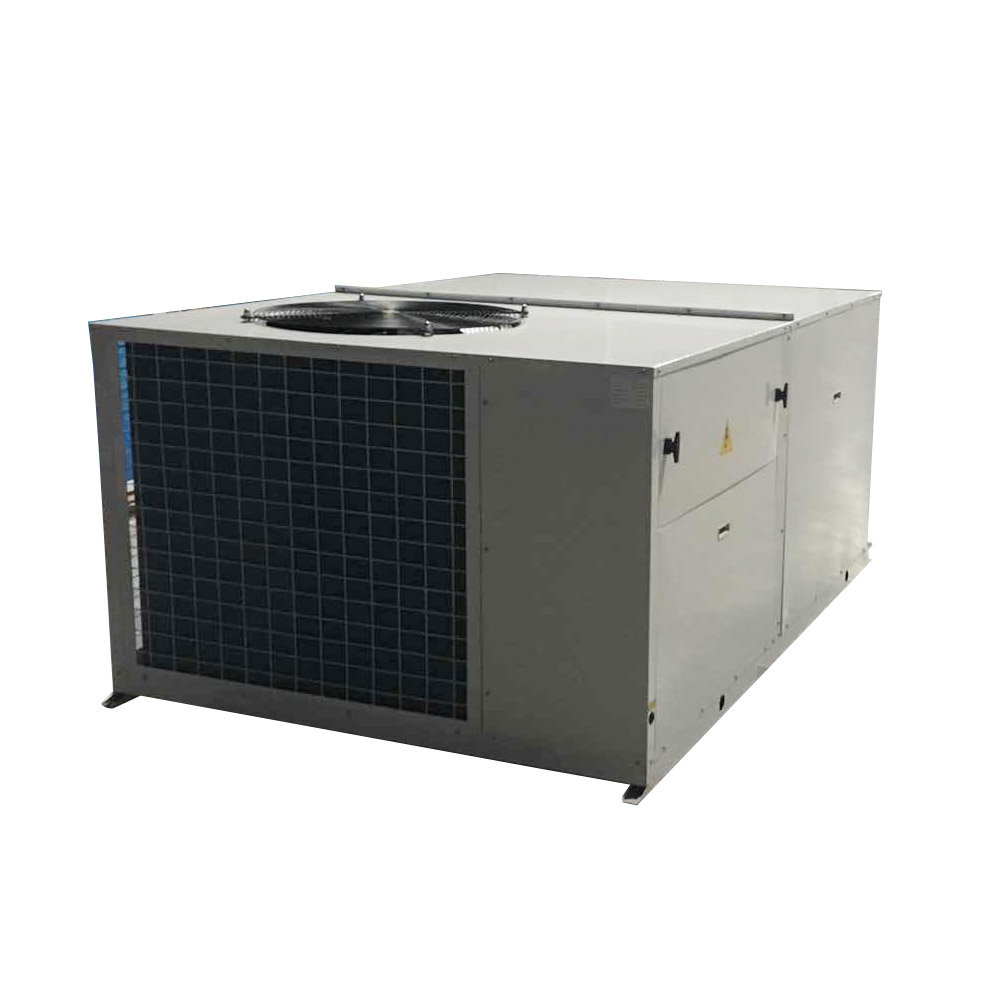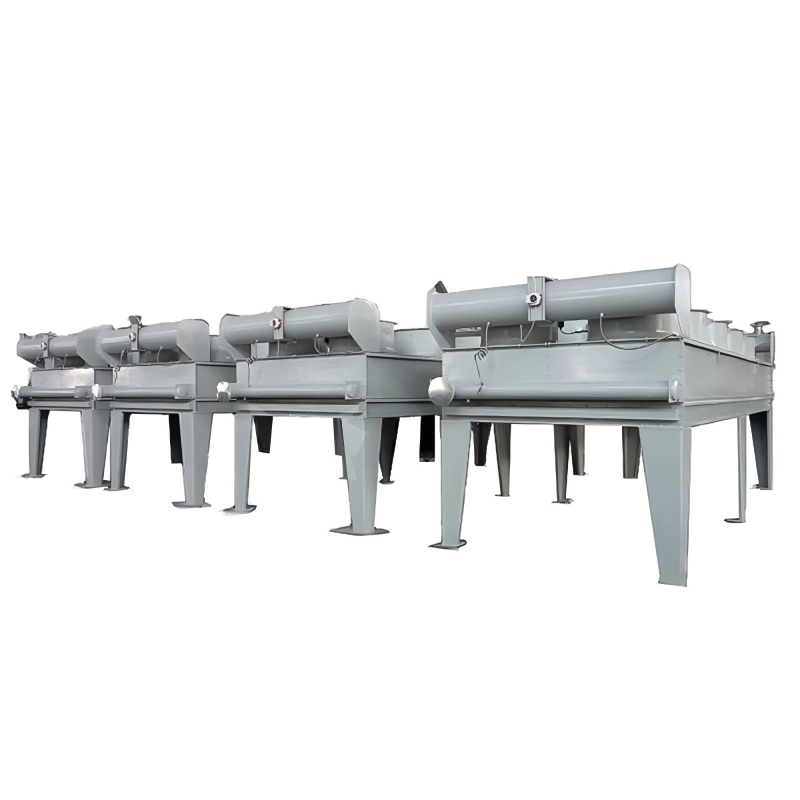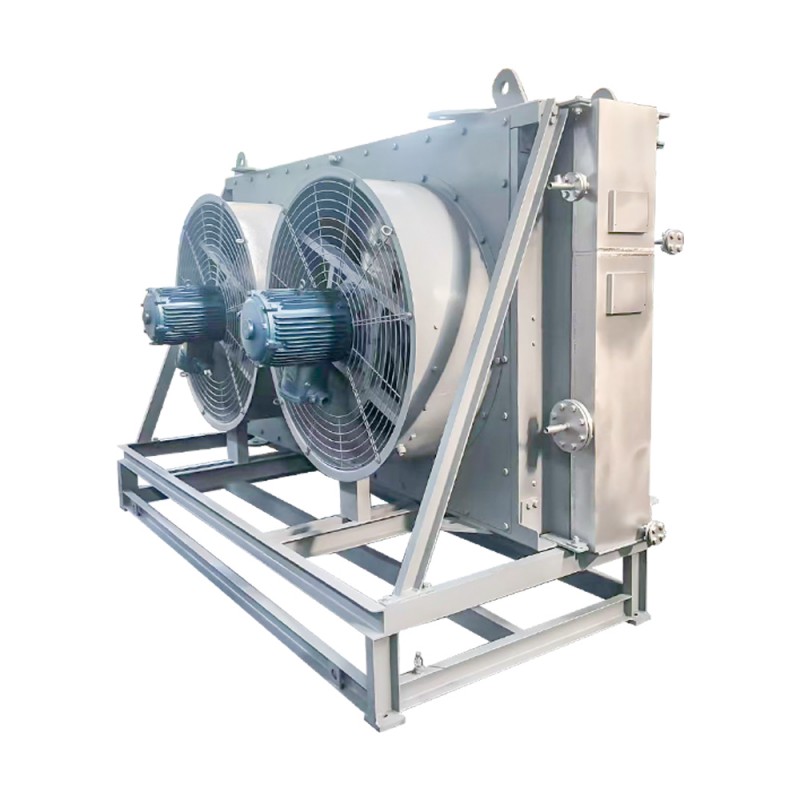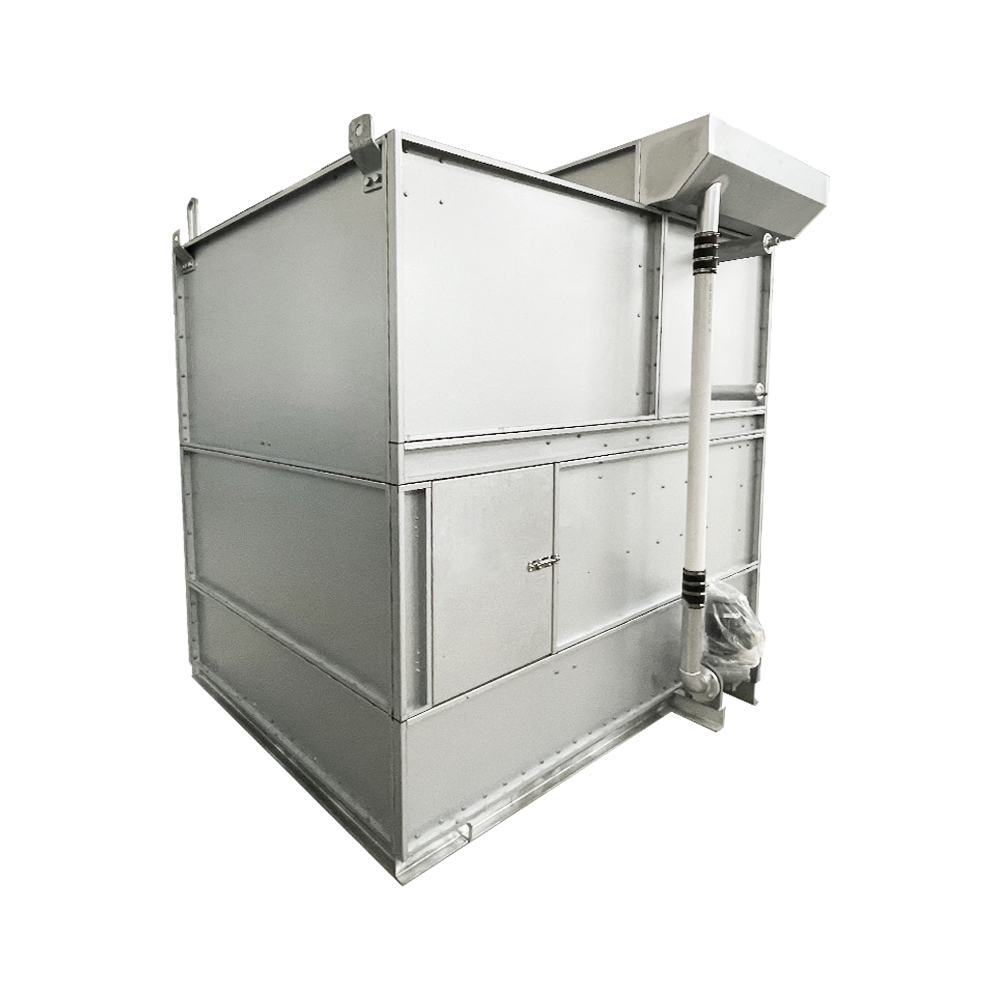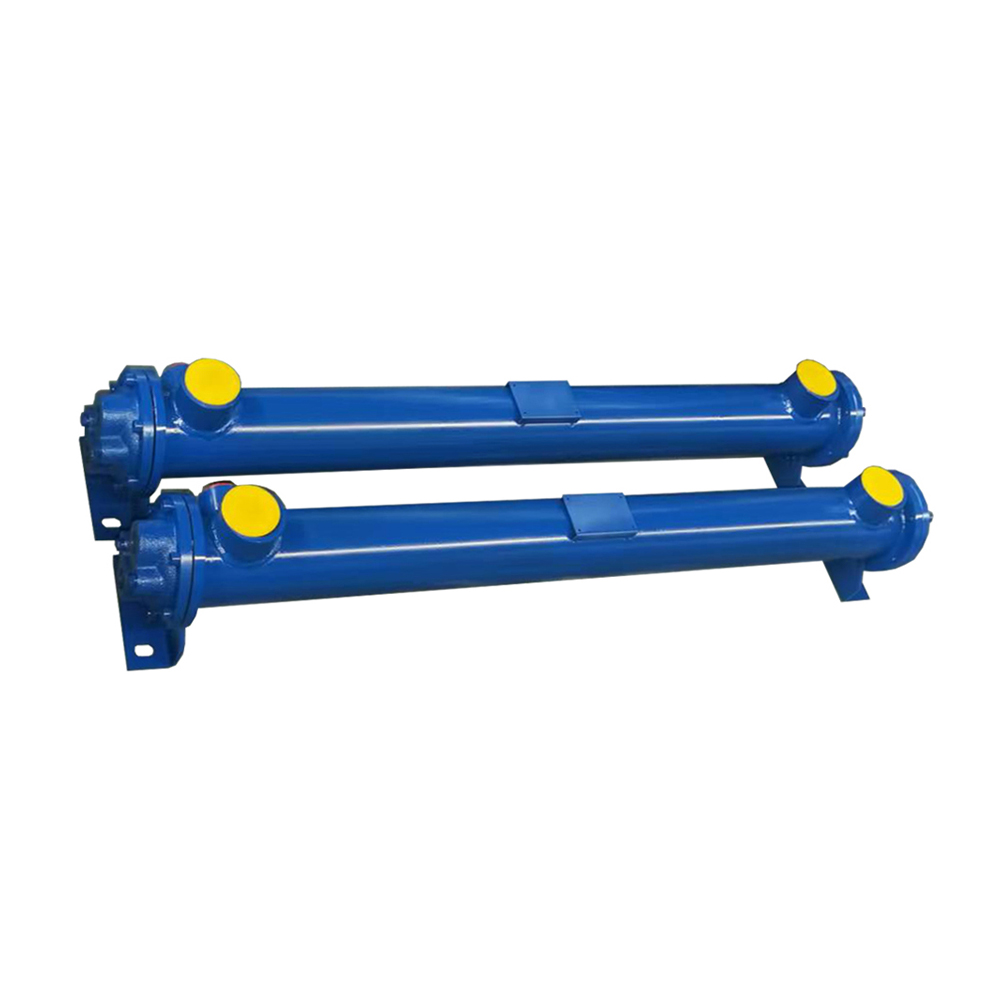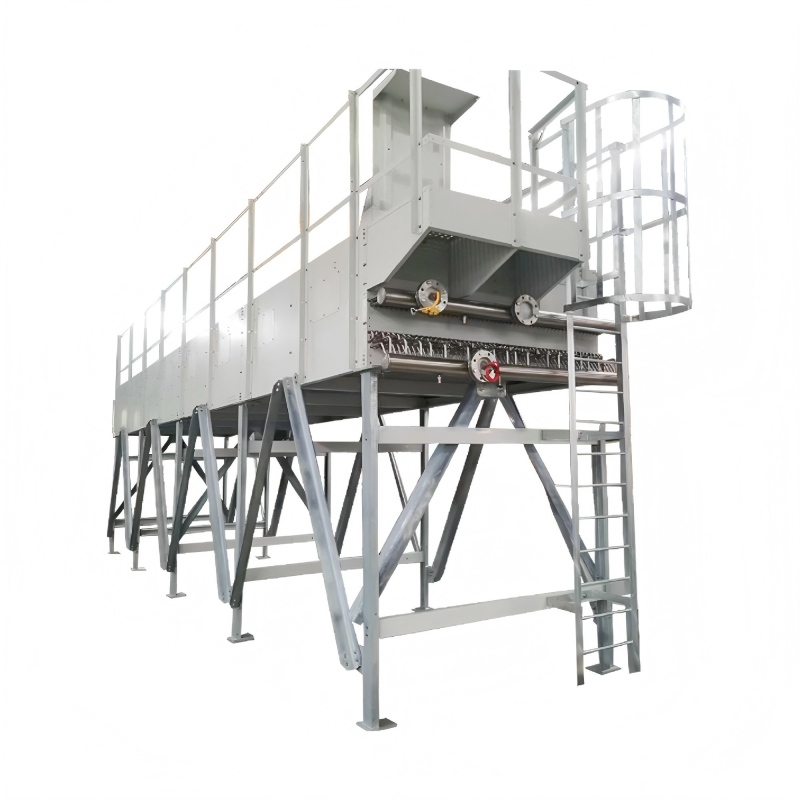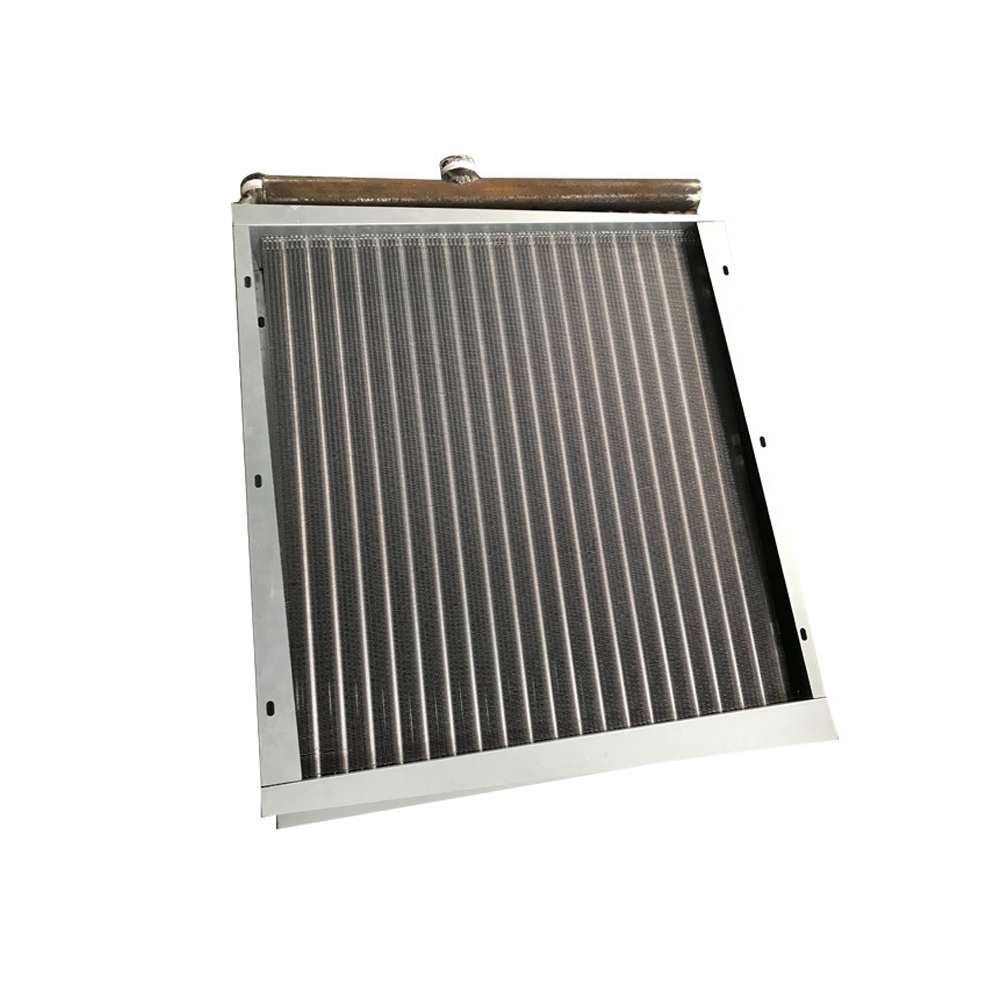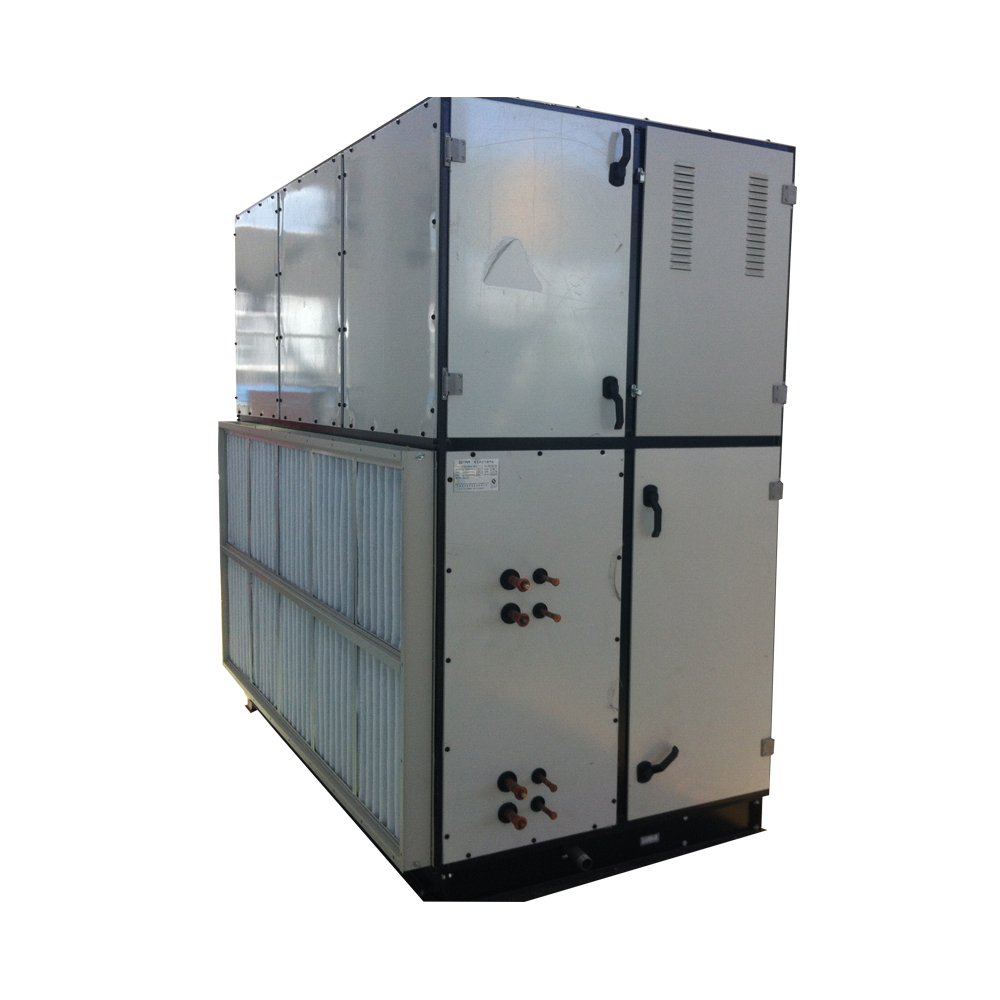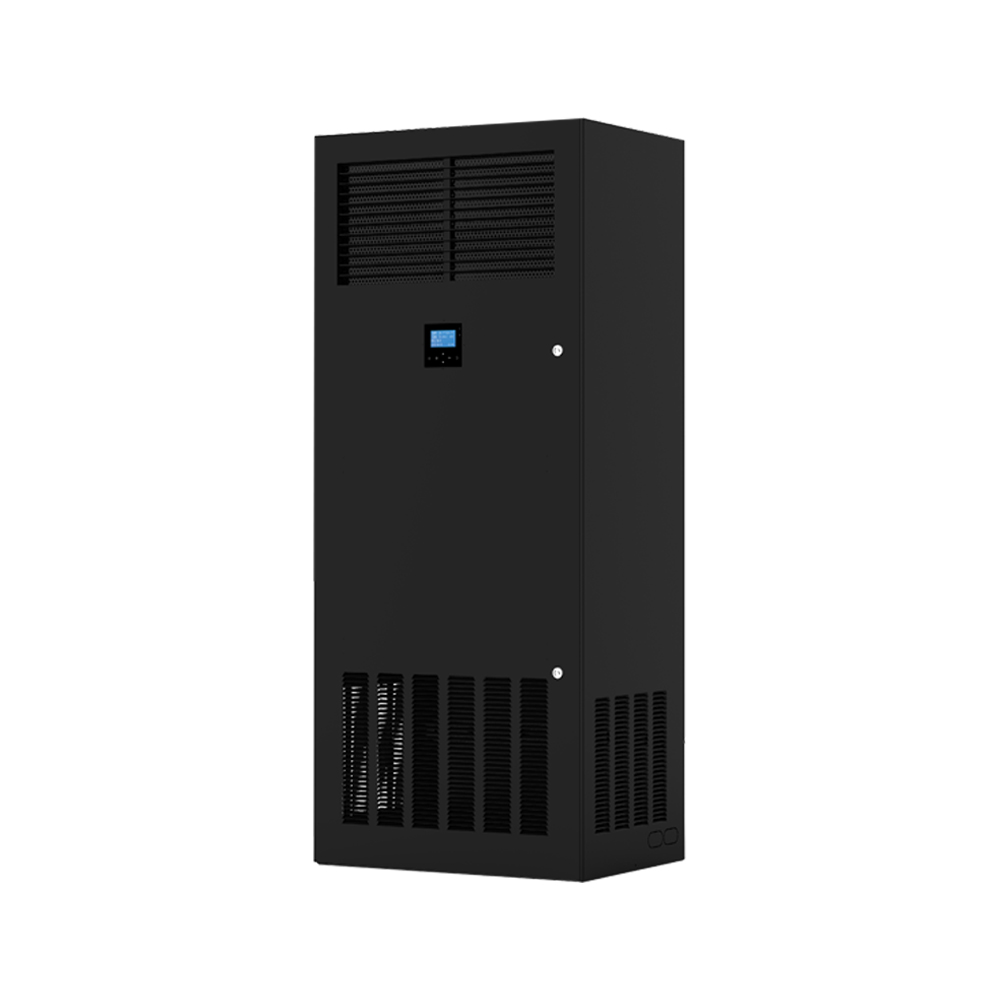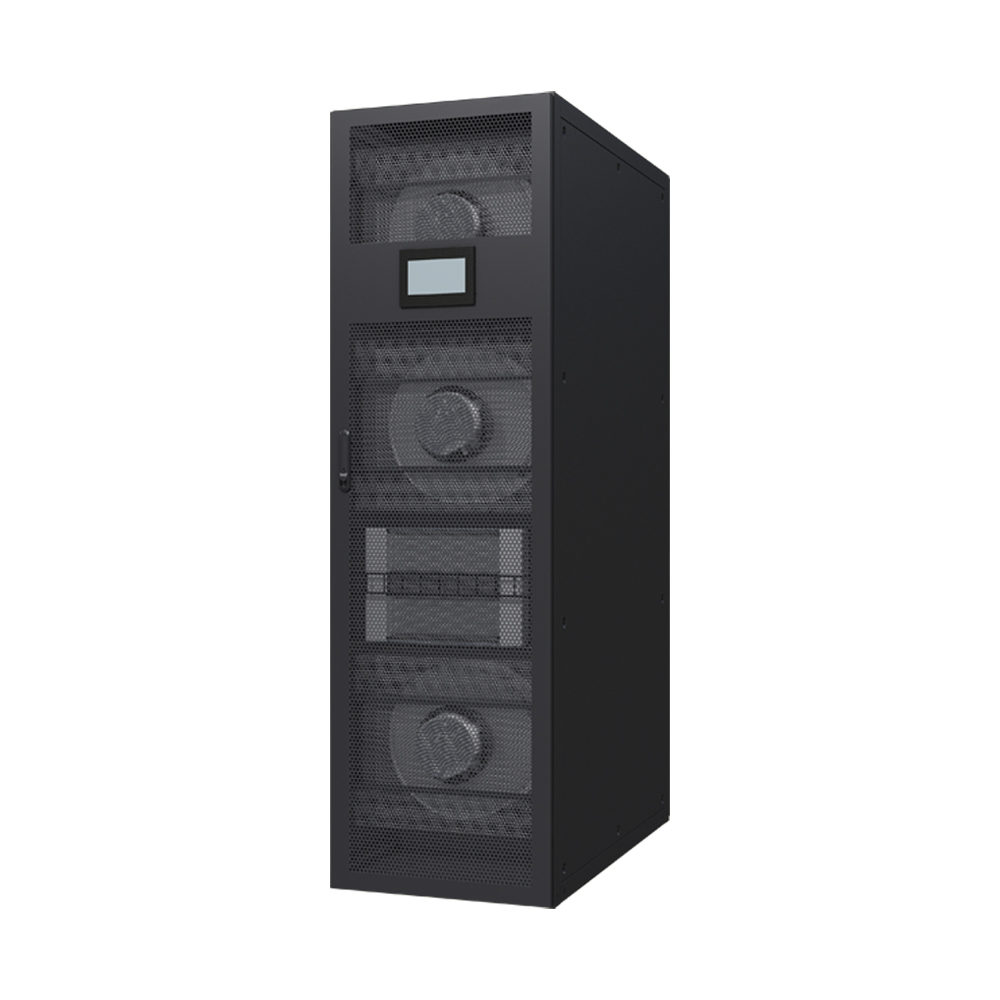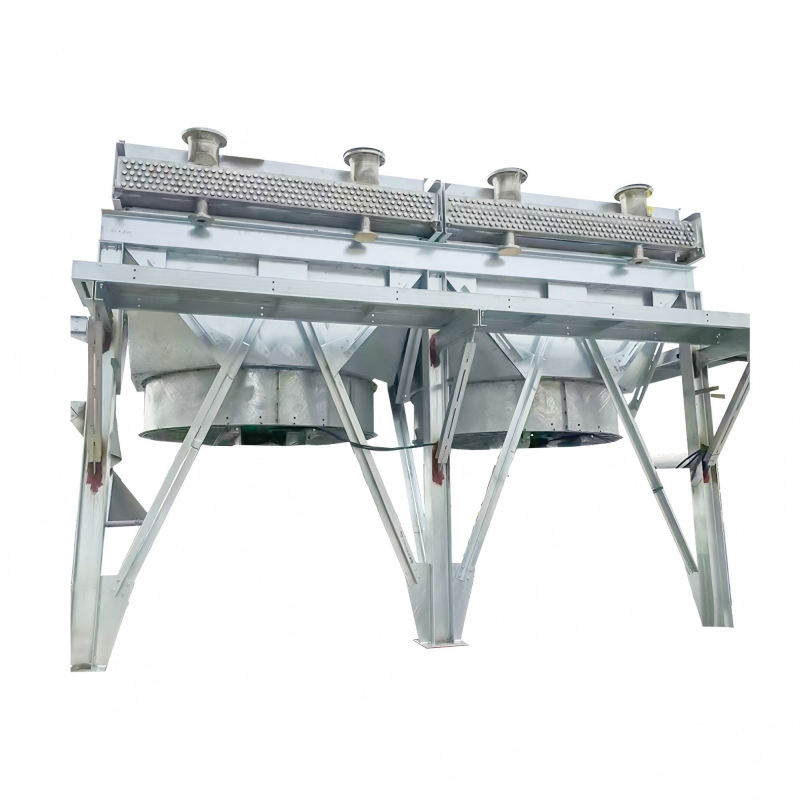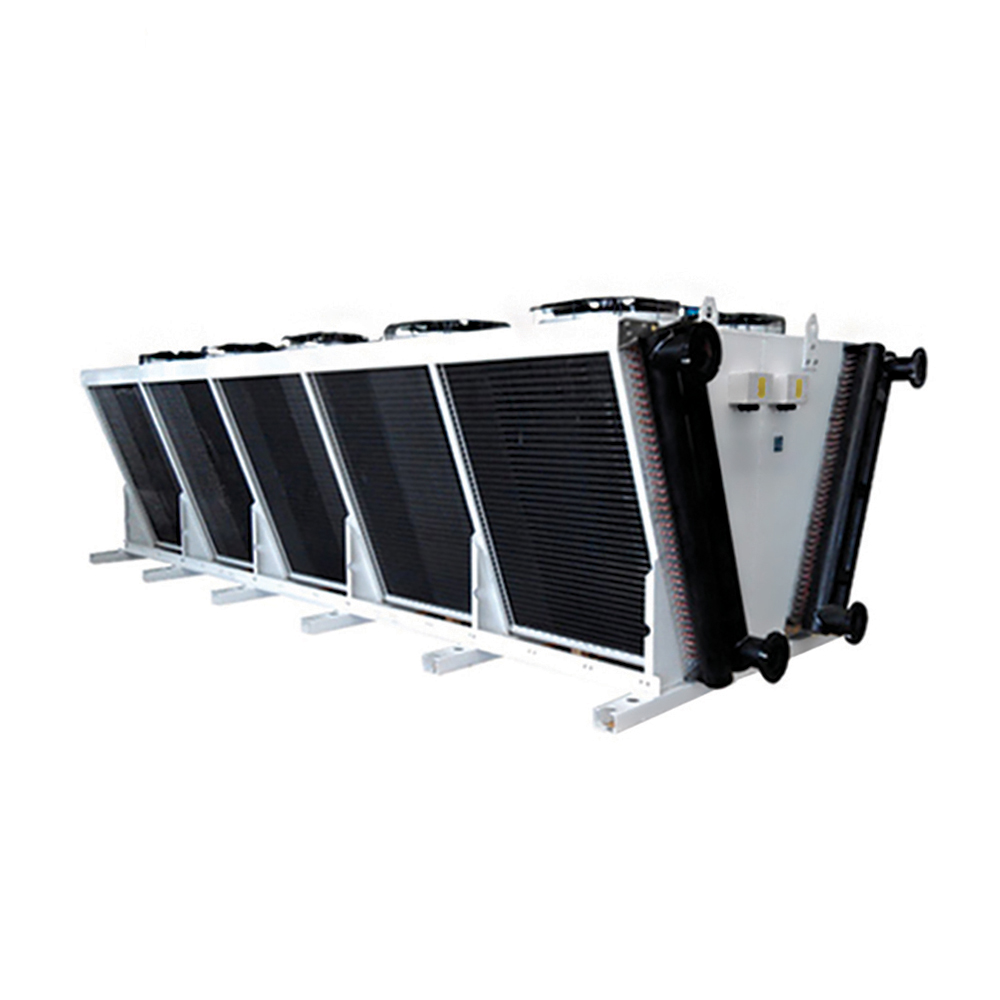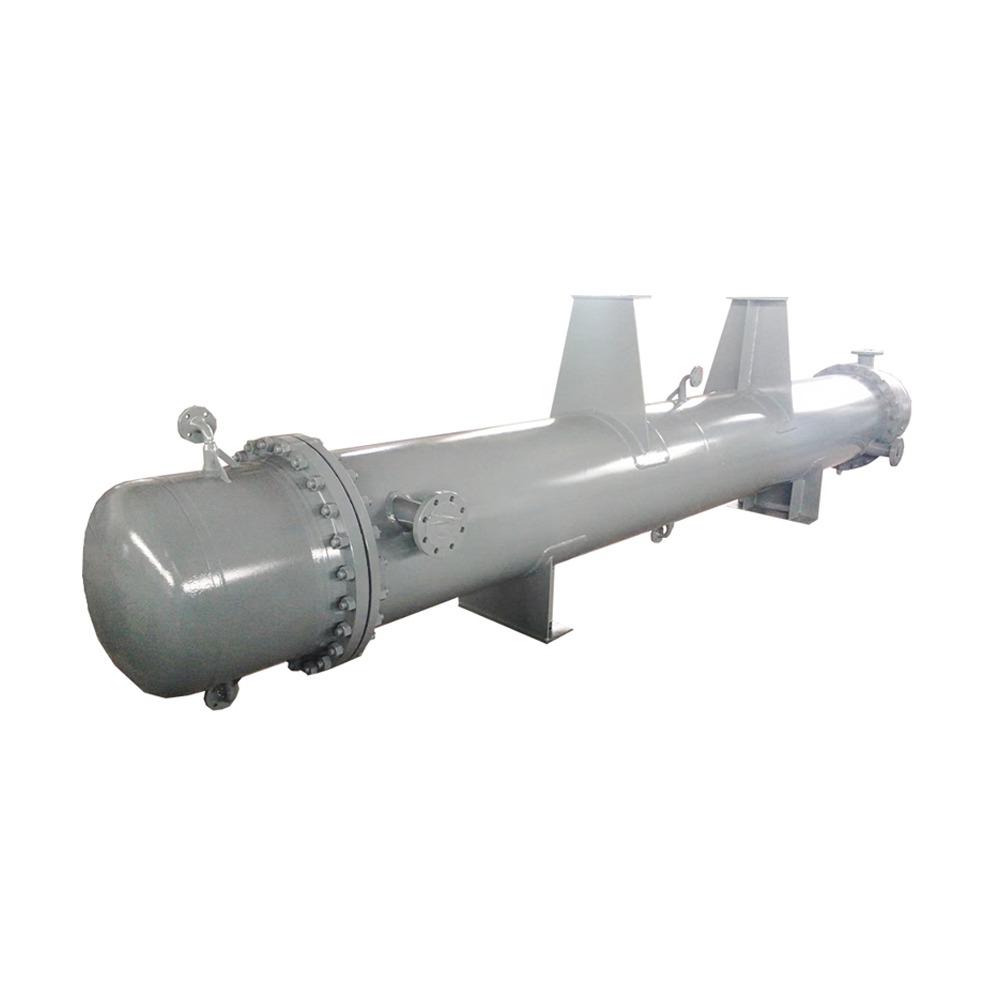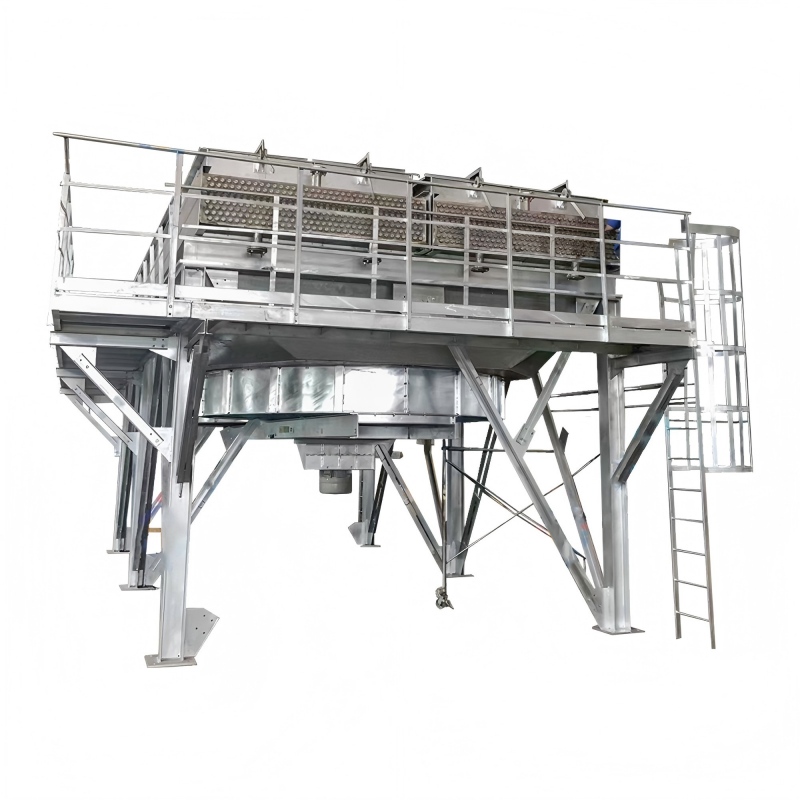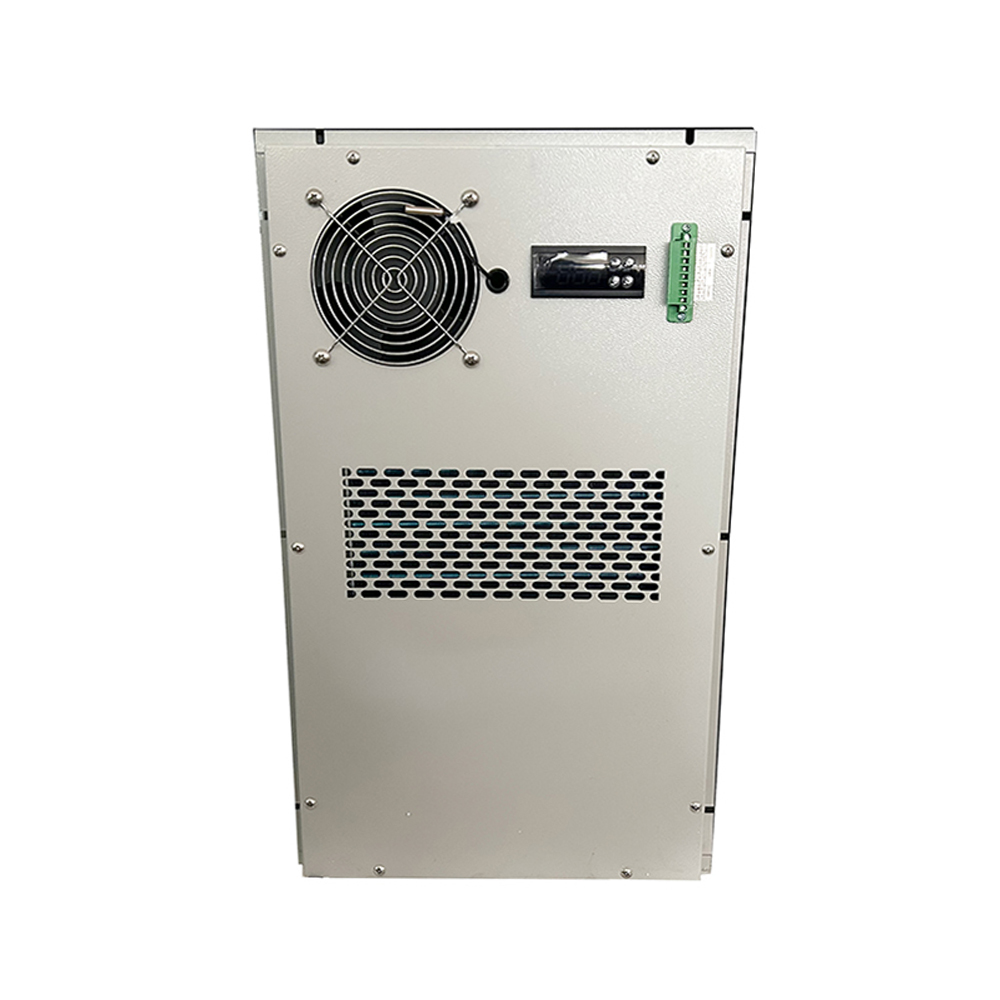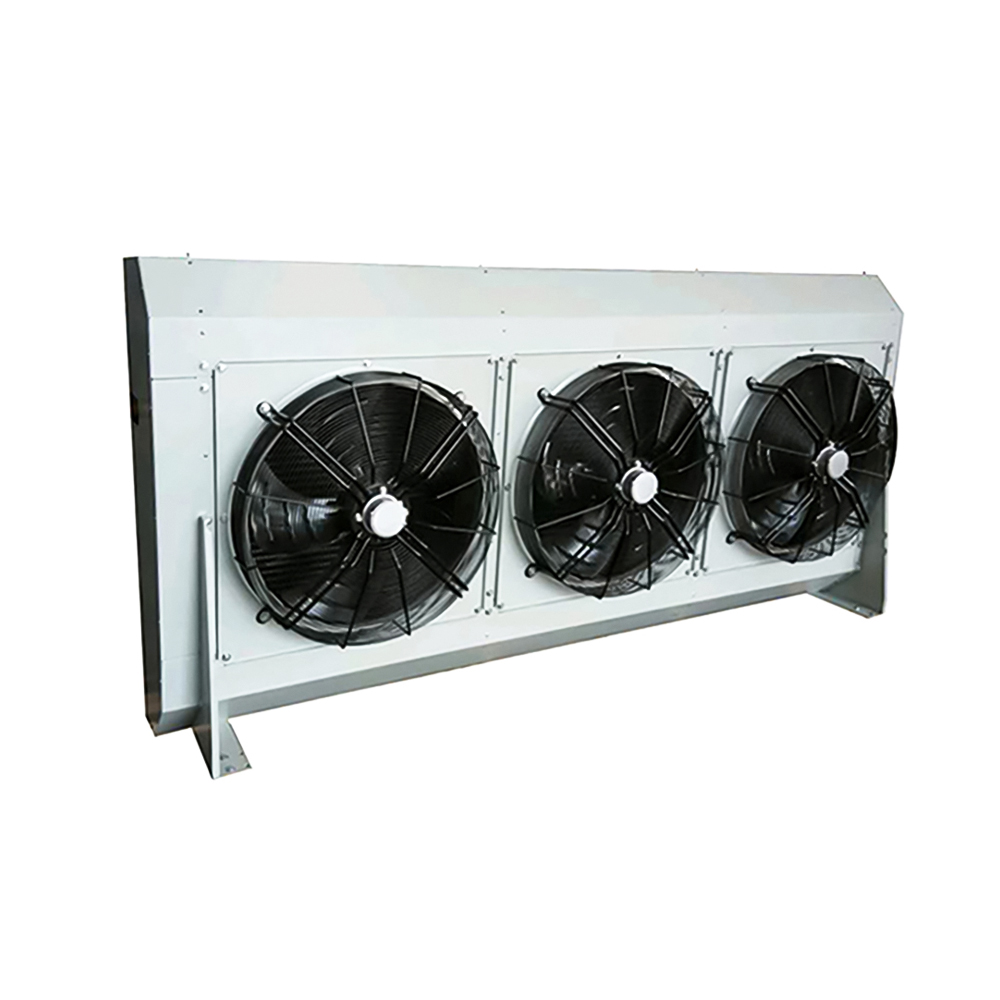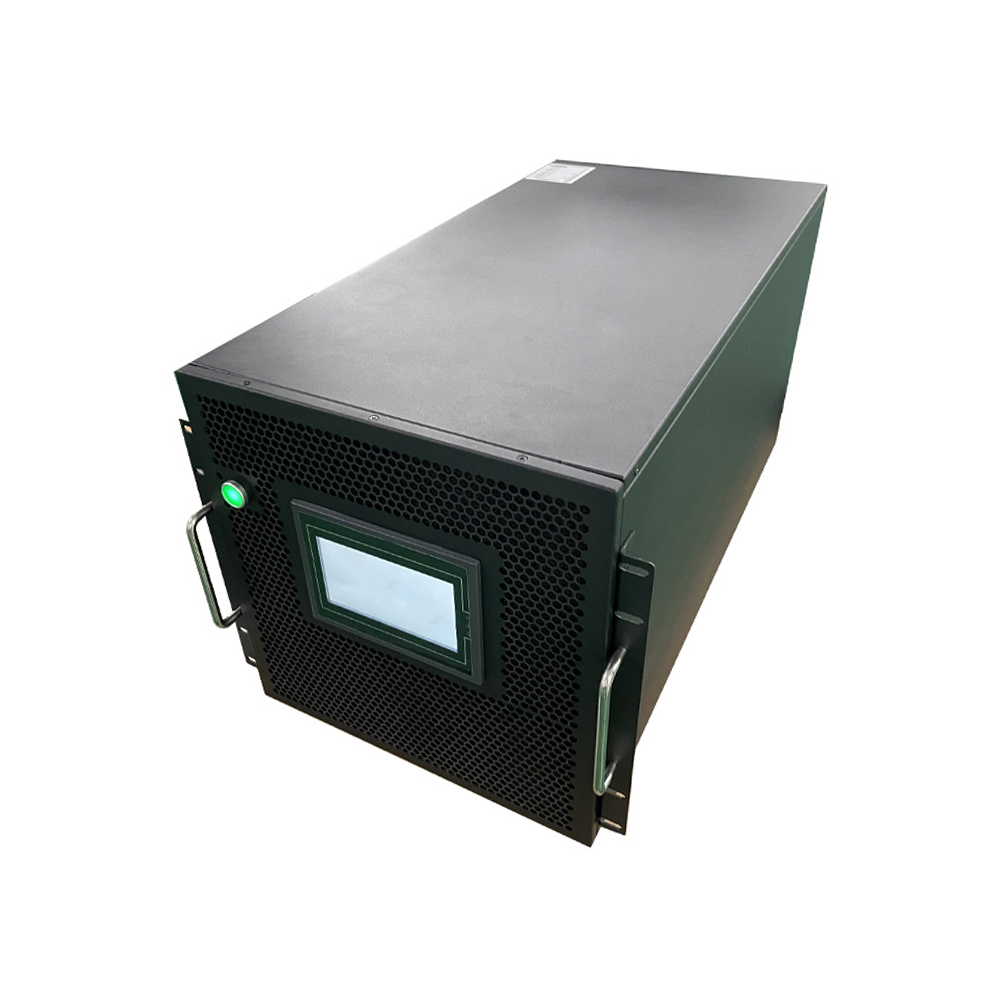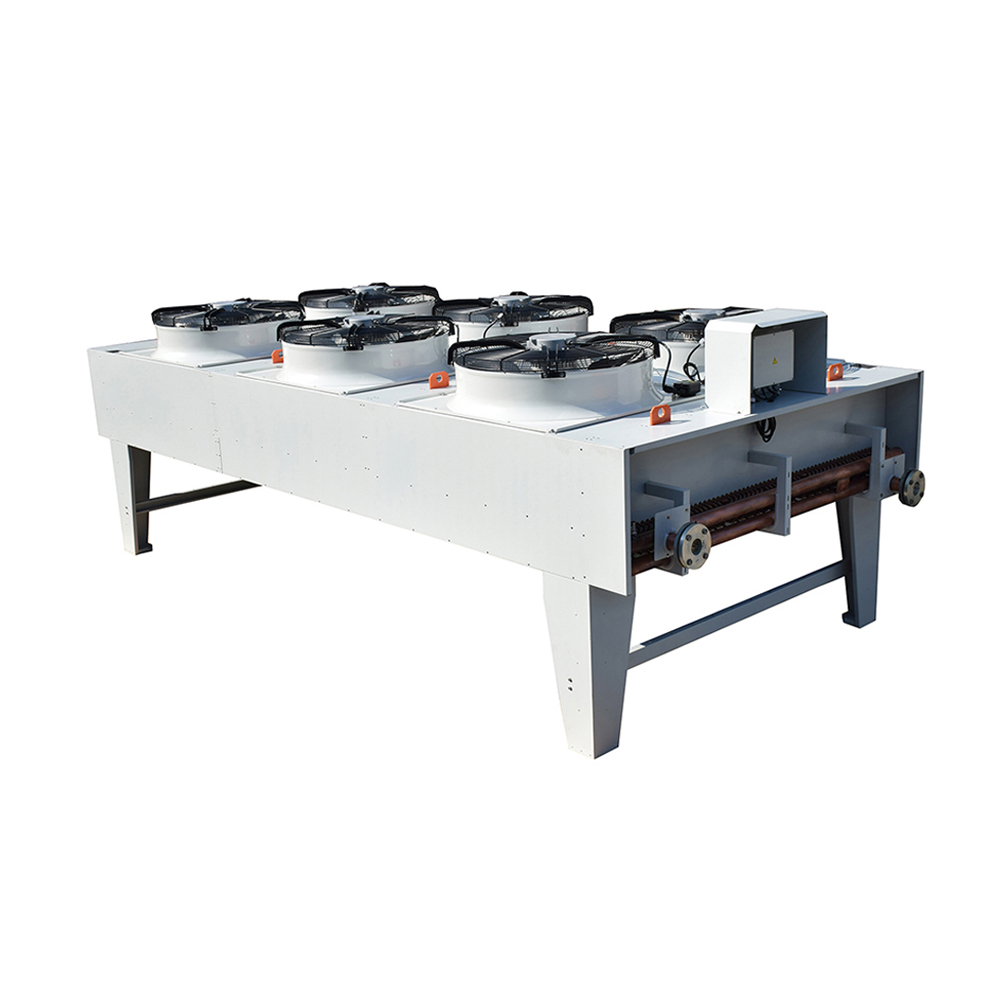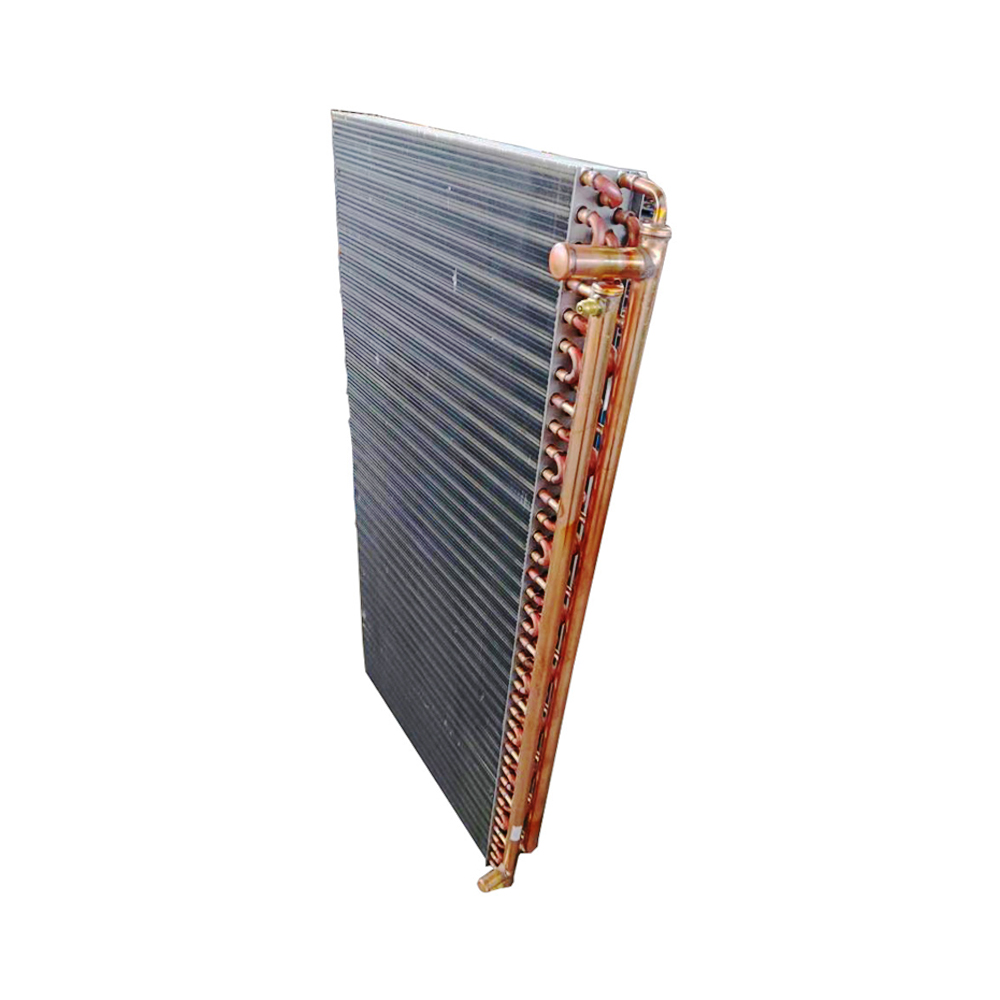This comprehensive guide explains everything you need to know about air handler units, from their function and types to selection criteria and maintenance. Learn how to choose the perfect air handler unit for your needs and ensure optimal comfort and efficiency in your home or business.
What is an Air Handler Unit?
An air handler unit is the indoor component of a heating, ventilation, and air conditioning (HVAC) system. Unlike a furnace or heat pump that generates heat or cools refrigerant, the air handler unit's primary function is to circulate conditioned air throughout your building. It works in conjunction with a separate heating or cooling source, like a furnace, heat pump, or air conditioner, to provide comfortable temperatures and air quality.
Types of Air Handler Units
Based on Installation Location
Air handler units are typically installed in attics, basements, closets, or utility rooms. The choice of location depends on factors like space availability, ductwork design, and noise considerations. Proper installation is crucial for efficient operation and longevity.
Based on Heating/Cooling Source
Air handler units can work with various heating and cooling sources: furnaces (gas, electric), heat pumps, and air conditioners. Choosing the right combination depends on your climate, energy efficiency goals, and budget. For instance, a heat pump paired with an air handler unit offers energy-efficient heating and cooling solutions.
Based on Features
Modern air handler units offer a variety of features designed to improve efficiency and comfort, including variable-speed motors for quieter operation and better temperature control, electronic air filters for improved air quality, and humidity control systems to maintain optimal moisture levels. High-efficiency models can significantly reduce your energy bills over time. Consider your climate and personal preferences when choosing features.
Choosing the Right Air Handler Unit
Selecting the appropriate air handler unit requires careful consideration of several factors:
| Factor | Considerations |
| Heating/Cooling Capacity (BTU) | Determine the heating and cooling needs of your space. A professional HVAC technician can conduct a load calculation to ensure proper sizing. |
| Airflow (CFM) | Adequate airflow is crucial for even temperature distribution. This is often determined in conjunction with the BTU calculation. |
| Energy Efficiency (SEER/HSPF) | Higher SEER (Seasonal Energy Efficiency Ratio) and HSPF (Heating Seasonal Performance Factor) ratings translate to lower energy consumption and reduced utility bills. |
| Noise Level | Consider the noise level of the unit, especially if it's located near living areas. Variable-speed motors often operate more quietly. |
| Features and Options | Evaluate features like electronic air filters, humidity control, and smart home integration based on your needs and budget. |
For high-quality air handler units and expert installation, consider contacting Shanghai SHENGLIN M&E Technology Co.,Ltd. They offer a wide range of options to meet diverse requirements.
Maintenance and Troubleshooting
Regular maintenance is essential for optimal performance and longevity of your air handler unit. This includes changing air filters regularly, cleaning coils, and inspecting ductwork for leaks. Addressing issues promptly can prevent more extensive and costly repairs.
For more detailed information on specific air handler unit models and their specifications, you can consult the manufacturers' websites. Remember to always consult with a qualified HVAC technician for installation, maintenance, and repair.









